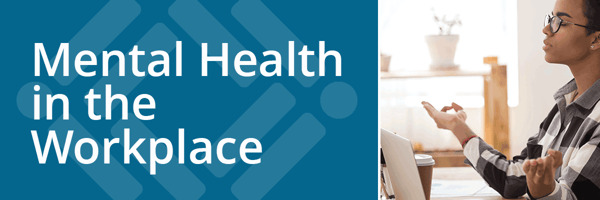Every New Year, most people draw up a list of New Year’s resolutions that look depressingly similar...
Should I Buy or Lease a Car Now?
.png)
The chip shortage and other factors relating to the pandemic and inflation have created a tight auto loan market, the likes of which haven’t been seen in years. As a result, finding a new or used car that meets your criteria is challenging in today’s market. Unfortunately, though, leases have also risen in price and there is limited availability among many models.
If you need a new car right now, what’s your best choice?
Let’s take a deeper look at buying and leasing a car, paying particular attention to factors that are unique to today’s market, to help you determine which option makes the most sense for you.
Buying a car in 2021
If you choose to buy a new or used car, you’re looking at inflated prices and a supply shortage that’s been ongoing for months. Expect to pay approximately $40,000 for a new car and $23,000 for a used car, according to Edmunds.com. You’re also unlikely to get the service you may be used to getting at a dealership since salespeople likely have more customers than they can serve at present. This can translate into reluctance to move on the sticker price and in a delayed processing of a car purchase.
Leasing a car in 2021
The leasing market has not been spared the after-effects of the chip shortage and resultant lag in the supply of new vehicles. Many lease companies are struggling to service customers while facing a shortage of available cars. The rising prices have hit this market, too.
If you’re nearing the end of a lease, you may be in luck. Auto dealerships are in desperate need of cars to sell, and they may offer to buy out your lease at an inflated price, leaving you with extra cash to finance your next car. The dealer pays the leasing company what you owe, and gives you a check for the remaining equity. Of course, you’ll also be facing high prices, but it may be worth getting a head-start on your purchase.
Buying VS. leasing
In every market, there are some drivers who are better suited toward owning a car and others who benefit more from leasing. Here are some important factors to consider when making this decision:
- How long do you hold onto your cars? If you like to swap in your cars for a newer model every few years, a lease may be a better fit for your lifestyle. On the flip side, if you tend to hold onto your cars for many years, consider buying a car instead.
- Insurance costs. Leases require full insurance coverage, which can be pricey. When you own your vehicle, though, the amount of insurance coverage beyond what is required by law is your decision. If you like having full protection, including GAP insurance, which pays the difference between what you owe on a car and its true value if it’s totaled in an accident or stolen, a lease may be a better choice for you. If, however, you tend to purchase just minimum coverage, you may be better off purchasing your vehicle.
- Mileage. If you usually put more than 10,000 miles on your car each year (the standard amount allowed by most leasing companies before charging extra), you may be better off buying a car. Keep in mind, though, that you’ll still need to pay for those miles in depreciation costs of the car.
- Maintenance costs. When you lease a car, most maintenance costs are on the leasing company. You’ll need to spring for anything related to the wear and tear of the vehicle, but most other repairs will be covered. You’ll also have the option to pay extra for tire protection, and dent and scratch insurance.
When you own your car, you’ll be footing the bill for all these costs, plus any maintenance needs. To minimize these costs, don’t finalize a car purchase without first ensuring it’s in good working order. You can do this by using its VIN (vehicle identification number) to look up its history and by having it professionally inspected by a mechanic.
While individual circumstances vary, in general, you can expect the cost of purchasing and leasing a vehicle to break even at the three-year mark. While a lease may offer you cheaper monthly payments, you’ll likely earn back two-thirds of the price you paid on a car if you sell it after three years.
Today’s auto loan market makes every decision challenging. If you’re choosing between buying or leasing a car, be sure to weigh all variables carefully before making your decision.
Your Turn: Do you buy or lease your cars? Which factors drive that decision? Tell us about it in the comments.



